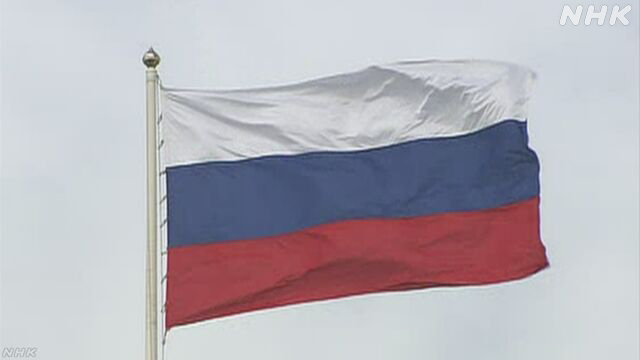On the 23rd, a polling agency affiliated with the Russian government released the results of a telephone survey of 1,600 people aged 18 and over nationwide regarding the effects of Russia's military invasion of Ukraine and sanctions imposed by Europe and the United States. did.
Since the survey was conducted on the 17th of this month, 74% of the respondents answered "support" to the question "Do you support the decision of a special military operation against Ukraine?" Greatly exceeded%.
Immediately after the start of the invasion, on the 25th of last month, ▽ "support" was 65% and ▽ "not support" was 25%, which means that "support" has increased in the last three weeks.
Regarding "the purpose of military operations", ▽ "to demilitarize Ukraine and not to establish a NATO = North Atlantic Treaty Organization base" was the most common at 46%, and ▽ "to change the political system of Ukraine" 19 %, ▽ "To protect the inhabitants of the east" was 17%, and the majority answered in line with President Putin's claim.
Furthermore, when asked "Do you think government policies will reduce the impact of economic sanctions?", 61% answered "Yes" and 24% answered "No".
Regarding these results, Fyodorov, the director of the "All-Russian Public Opinion Research Center" who conducted the investigation, said in an interview with NHK, "The sanctions have rather promoted the integration of the people centered on President Putin. Until then, he was in a political position. Even those who were confused and neutral became sympathetic to the president and his policies. "
"If the aim of the West is to undermine the unity of the president-centered society through sanctions, it would be counterproductive. In particular, middle-aged and older people have had the experience of overcoming and dealing with many crises in the past." He stated that, mainly among the generations who experienced the turmoil after the collapse of the Soviet Union, they endured difficulties and tended to unite in anti-Western countries.
On the other hand, he said, "The economic crisis of the country will be the first experience for the younger generation. In addition, young people have grown up as members of the global world." He said that there is a possibility that voices requesting the restoration of relations with Europe and the United States may increase, especially among generations.

